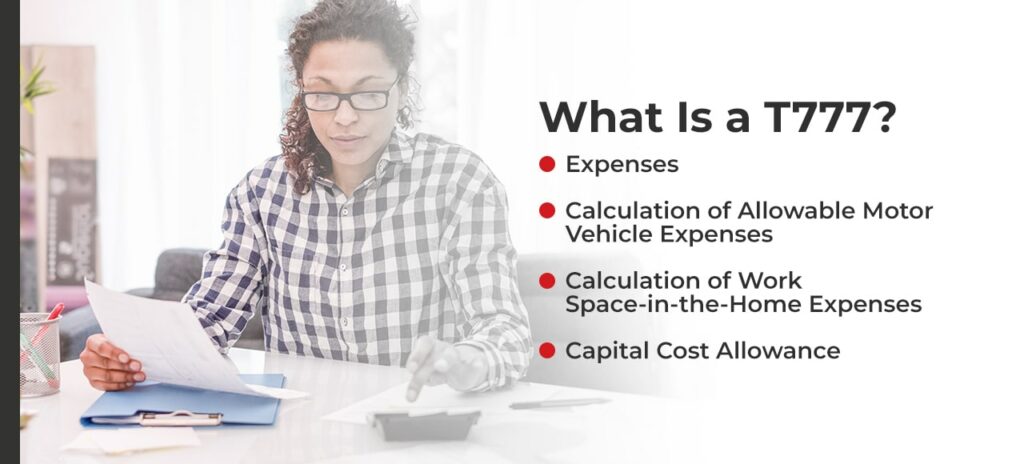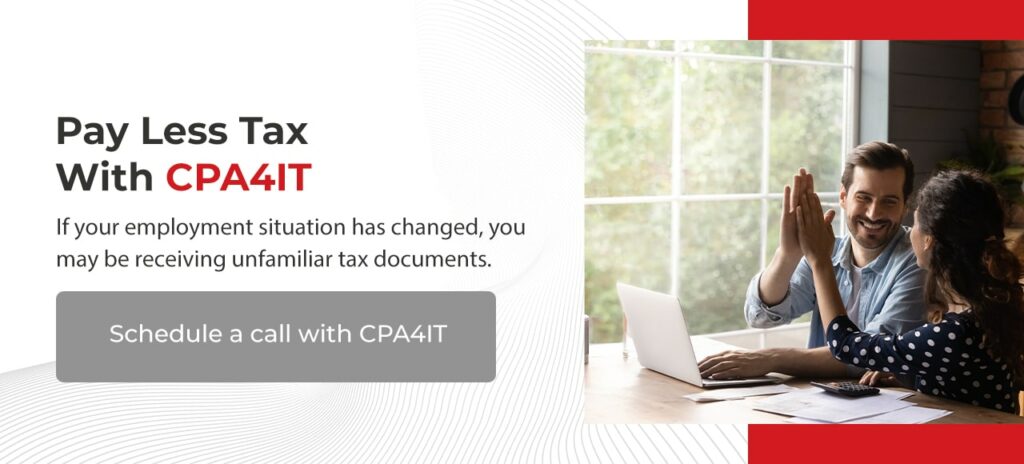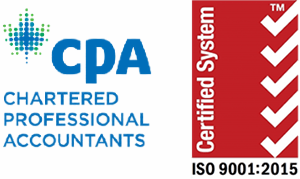If you have to cover work-related expenses without reimbursement, you’re eligible to claim those costs on your tax return. Understanding tax deductions for work-related expenses and the T2200 tax form is crucial to ensure you get the tax return you deserve.
Here’s everything you need to know about your T2200 and what types of deductions you can claim.
What Is a T2200?
A T2200 is a Declaration of Conditions of Employment tax form. In certain cases, you may be eligible to claim expenses you had to cover to do your job. While the thought of deducting expenses on your tax return is likely appealing to most people, you can only claim expenses with a T2200 if your employer issues the form, fills out Part B and signs it to confirm they authorized it.
Employees use T2200 forms to claim the work expenses not reimbursed by employers they had to cover to do their jobs. For example, a tradesperson may have to personally purchase some of their own tools to work. To claim these expenses, their employers would have to provide them with the form to verify they had covered their own expenses. Additionally, T2200s allow those who work from home to claim home office expenses.
Since the T2200 form doesn’t get filed with your Income Tax and Benefit Return, you should keep it in your files in case the CRA needs to see it. To calculate and file your expenses on your return, you’ll need to complete a T777 form.

What Is a T777?
A T777 is the Statement of Employment Expenses form you’ll use to calculate your T2200 expenses on your tax return.
Having a T2200 enables you to fill out a T777 form, which is the form you’ll file with your return. T777 forms have four sections to help you calculate the expenses you can claim.
1. Expenses
You’ll use this section to list any expenses you covered to earn income at your job. Expenses you can list in this section include:
- Lodging
- Meals
- Parking
- Accounting fees
Be sure to only list expenses your employer approved in your T2200 form.
2. Calculation of Allowable Motor Vehicle Expenses
If you’re wondering how to claim gas expenses on your taxes, this is the section of your T777 to do so. To claim vehicle expenses you’ll need to log your vehicle’s odometer readings, making note of when you were traveling for business. You’ll need three numbers for this calculation:
- The total number of kilometres you drove
- The number of kilometres you drove for your job
- The total cost of expenses for your vehicle
Calculate your business portion by dividing the distance you drove for your job by your total logged distance. Then multiply your business portion by your total vehicle expenses to find the amount you can deduct.
You can review the T777 form for more detail about the allowable expenses.
3. Calculation of Work Space-in-the-Home Expenses
Like your vehicle expenses, you can deduct your home expenses for your work area only. In this section, you’ll calculate your personal use then subtract it from your total home expenses.
For example, if your home has five rooms and you use one as a home office, your personal use portion is 4/5. Let’s say you spend $4,000 on home expenses during the tax year. To calculate the amount you can claim, you’d take $4,000 – (4/5 x $4,000) and get $800 allowable home expenses.
Be sure to ask about a T2200S, another work-from-home tax form, if you’re working from home consistently as a result of COVID-19.
4. Capital Cost Allowance
If you own the vehicle, tools or equipment you’re required to use for work, you can deduct their depreciation value, or capital cost allowance (CCA).
For example, if you spent $300 on new tools to do your work, you can deduct a portion of that expense this year, and you’ll be able to claim the rest in years to come.
What Does a T2200 Allow You to Deduct?
Depending on your situation, your employer may certify you to deduct various expenses. With a T2200, you may be eligible to deduct the following:
- Accounting and legal fees: These fees may include using an accountant to file your taxes.
- Advertising fees: An advertising fee deduction is only available to commission-based employees. You can deduct expenses incurred from advertising your work.
- Allowable motor vehicle expenses: You can deduct the CCA for your vehicle. Alternately, if your vehicle expenses exceed an allowance you receive, you can deduct those expenses here.
- Food and beverage: You can claim 50% of the cost of your meals if your job required you to be away from your home and the municipality you live in for at least 12 hours.
- Entertainment: Commission-paid employees may incur expenses to entertain their clients, including tickets, food and beverages. In these cases, you can deduct 50% of these costs, with some exceptions.
- Lodging: You can deduct lodging expenses if your employer required travelling without reimbursement.
- Parking: Commission-paid employees can deduct parking fees incurred while working away from an office location or while meeting with a customer.
- Special clothing: While you can’t deduct clothing that you can wear in other situations, you can deduct any special shoes or costumes that you can only use for work.
- Computers, cellphones and other equipment: You can only deduct these expenses if you’re leasing equipment that’s related to your work. For example, while you can deduct cellphone air time, you can’t deduct other associated activation fees.
- Office rent or home office: You can make a home office tax deduction in Canada for the space you use to work from home. This may include utilities, repairs and heating/cooling. Commissioned employees can also deduct property and insurance taxes for their workspace.
- Training costs: Many jobs require continued training or learning courses. If your employer requires these for job performance, you can claim the expenses.
- Travel: If you’re a commissioned employee, you can deduct travel expenses like airline fares you paid to earn income.
Explore this guide from the CRA for more information regarding deductible employment expenses.
Pay Less Tax With CPA4IT
If your employment situation has changed, you may be receiving unfamiliar tax documents. If you need help understanding them or what may qualify for tax deductions, a tax professional at CPA4IT can help you claim eligible expenses to get a maximum tax return.
Whether you need help learning how to fill out a T2200 or need more information about something like the CRA simplified method for motor vehicle expenses, our accountants are happy to help. Contact us today to schedule a free consultation.








